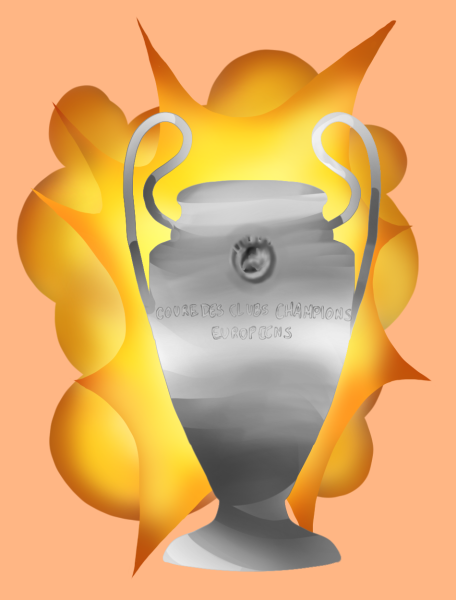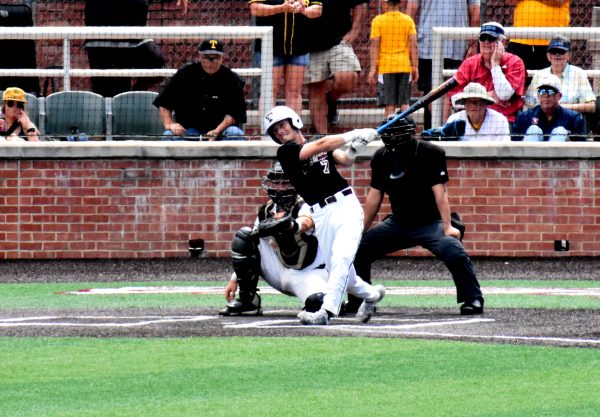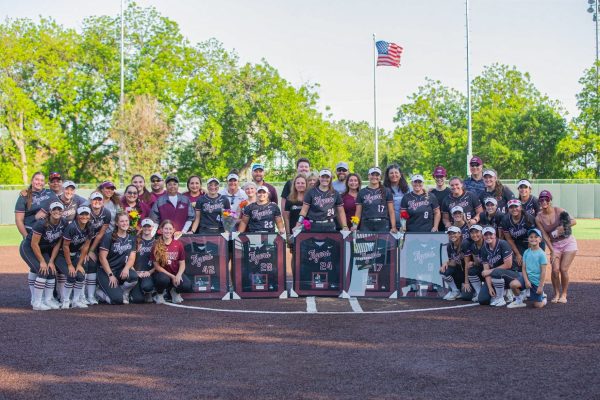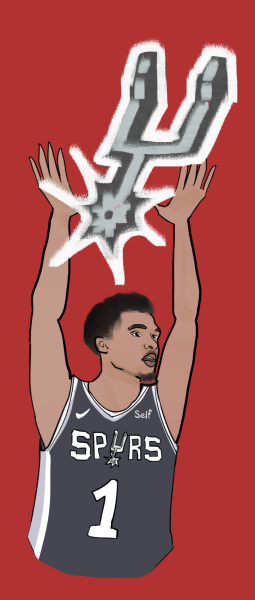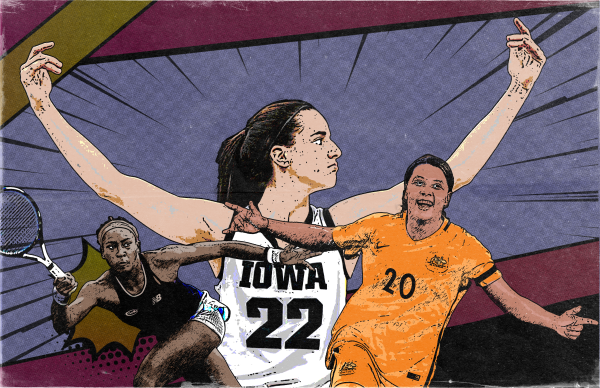Come from away: International athletes
International students share unique perspectives on athletics at Trinity
There are over 400 rostered athletes among Trinity’s varsity sports. Many of these students call Texas home, and a smaller percentage hail from locations across the United States. On top of these, Trinity has become a second home to many student athletes from around the world.
Currently, there are 23 Tigers from 13 different countries other than the U.S., including Switzerland, Iceland and even Taiwan. I spoke to three of these athletes who were gracious enough to share their experiences playing their respective sports and provide insights into what it has been like to be an international athlete.
Caterina Mora is a sophomore on the women’s golf team. Her home is over 5,500 miles away in Portocolom, Spain, located on the island of Mallorca, one of several that make up the Balearic Islands off the east coast of the country. There, she began playing golf when she was nine years old, in large part due to her father’s job as a caddy. His passion for the game was the primary reason Mora began to play.
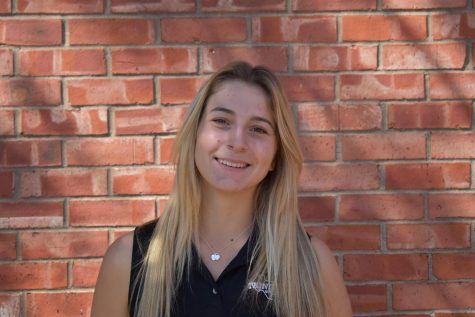
“He really liked the values that golf was bringing to him, so that’s why I started, and then I met a lot of friends. I started playing in competitions and that’s how I’m here today,” Mora said.
Mora joined the Son Servera Golf Club and became a member of their team, eventually playing in tournaments organized by the Balearic Golf Federation.
This route, she explained, is due to one of the largest differences between her experience as an athlete in Spain and the experiences of many here in the U.S.
“The greatest difference between the U.S. and Spain is that in Spain, high schools, we don’t have any clubs. We don’t have any athletics, organizations or anything. It’s just about going to class. Like, it’s based on your academics, and that’s it,” Mora said.
Mora continued to play in tournaments hosted by the Balearic Golf Federation through Son Servera. She excelled in her play, earning a spot on the Regional Selection, representing the Balearic Gold Federation in tournaments in the mainland against the other golf federations of Spain.
Now that Mora’s here and competing for the Tigers — having transferred halfway through the 2020 fall semester — one thing has stood out to her.
“People here who used to play in high school, they were used to those routines of after class going with the whole team to practice, and being like, ‘Okay, I’m representing my school.’ They were more used to it than me. I was like, ‘Oh! I’m playing for Trinity.’ ‘Trinity’ is on my bag, and I’m wearing polos that say ‘Trinity.’ That was a lot of fun and a super exciting, totally new experience,” said Mora.
The team environment is something that senior Pieter Blank also touched on. A member of the men’s soccer team, Blank is from The Hague in The Netherlands and has benefited greatly from his teammates that have grown up in the U.S.
“I think, as an international student, it is of course difficult to come here without your family, without knowing anyone, and I think being an athlete, having a team around you really helps in that because, from the first day, you have your fellow teammates who are your friends basically from the start,” Blank said.
He recalls his freshman year and the things he needed to take care of like a phone contract and bank accounts. He said being in a team, being around others who knew what they were doing, helped greatly, and he calls those friends from those first days some of his closest even now. But Blank didn’t initially come to Trinity for the team atmosphere; he came to Trinity because of the lack of college sports in his home country.
“Here it’s all connected to each other. Of course, you go to your classes with people from the team. You see them walking around everyday, all day. They have the same lifestyle, combining school with playing, whereas in Holland, when you get older, there’s people that don’t go to school anymore. They work … Even when I would play right now, I would be playing with people, 27, 28, 29 people having children, having a day-to-day job,” Blank said.
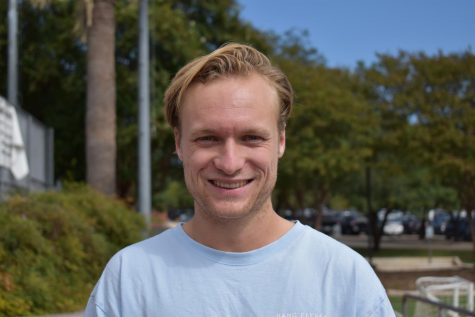
Of the three athletes I spoke to, Mackenzie Logan, a sophomore volleyball player from Calgary, Canada, seemed to have the most “normal” experience in her sport, at least from the U.S. perspective.
In Canada, much like the U.S., volleyball was available to Logan through school, but also in the club setting. According to her, though, club was much less competitive where she was in Western Canada than it is here.
“There are not many well-known clubs in Canada, but in the States, if you mention a club team name, it seems like one other person has either played that team or knows of them … We did not travel outside of my province a lot for volleyball except for Nationals every year, but you don’t have to qualify for nationals in the same way you have to in the States. Since there are not a lot of club teams [in Canada], Nationals is more open to all club teams regardless of their rankings,” Logan said.
Logan made use of Next College Student Athlete, or NCSA, a recruiting service that is also common among high school athletes in the U.S. Through it, she connected with head coach Julie Jenkins and committed to Trinity. The alternative? College volleyball in Canada, a much different landscape than the sport has in the U.S.
“It would look different than here because there are a lot less teams to play against and different ways of dividing regions and divisions. The culture in most schools is very similar to Division III schools in that your sport is not the main reason why you go to a certain school,” Logan said.
She and the other international athletes have traveled thousands of miles to be at Trinity. In their time here, they have adjusted to a new culture to balance competitive athletics and rigorous academics in one place, and they are grateful to their teams and teammates for making that transition easier. But Trinity, too, is better off because of their presence, not just as athletes, but as unique individuals who offer different, valuable world views.
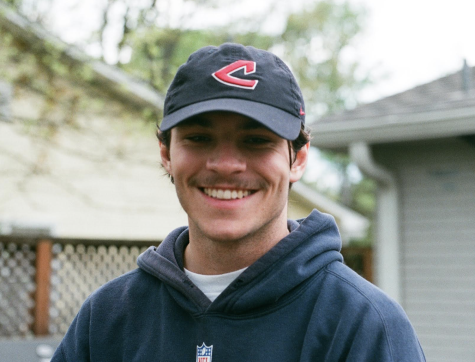
Having grown up in San Antonio, sports have always been especially meaningful to me, in the opportunities that I had playing but also in the way teams...
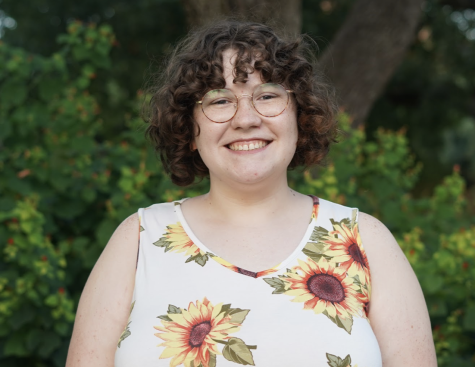
I'm a senior Computer Science major and a Classical Studies minor from Newton, North Carolina with a passion for art. I also work at the Center for Experiential...



